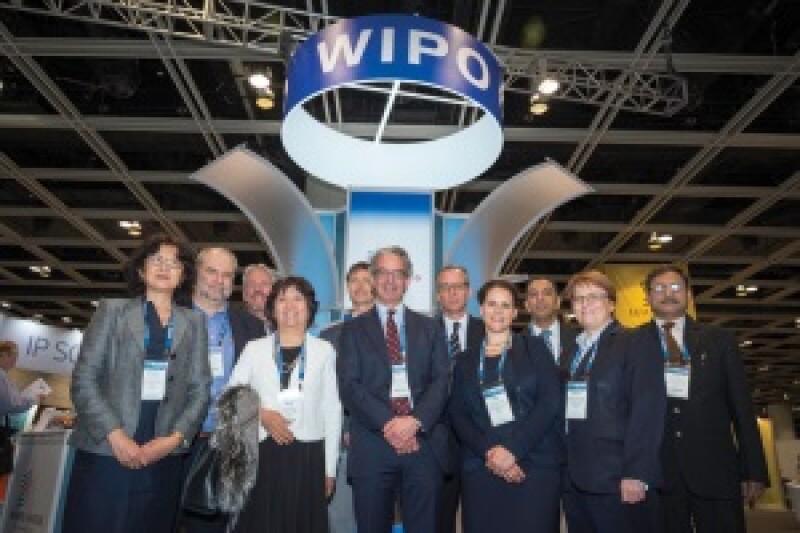
At the Madrid System Users Meeting yesterday, OAPI’s Maurice Batanga said he hoped the 16-member group of French-speaking countries in Africa would join Madrid as a regional organization by the end of this year. That would mean that owners of international trademarks could designate OAPI in the same way they can today designate Community trade marks in Europe. OAPI’s Administrative Congress approved Madrid membership at its most recent meeting and the organization has been updating its regulations, manual of procedure and official forms.
If they do join, the OAPI members will be following in the footsteps of another African country, Tunisia, which became the 91st and most recent country to accede to Madrid last year. Speaking to the INTA Daily News yesterday, Nebil Ben Béchir of the Tunisian IP Office said accession was a result of “a new environment” in the country since 2011. The country also joined the Hague Agreement on industrial designs in 2012.
Trademark applications are growing at a rate of 7% in Tunisia and Ben Béchir said that membership of the international agreements inspires confidence among both international investors and local SMEs. Since joining Madrid, the country has been designated in more than 1,500 international registrations and this year has already seen two international registrations filed from Tunisia. The first, in class 5, was for pharmaceutical company Vitfen and the second, in class 7, for solar power company Saphon Energy.
“I would encourage and recommend other countries, especially developing countries, to accede to the Madrid Protocol to contribute to economic development,” said Ben Béchir. He said Tunisia would particularly welcome OAPI membership, given the growing importance of trade within Africa.
OAPI is one of two regional IP groups in Africa. It is likely to be more difficult for the other one, the African Regional Intellectual Property Organisation, to join Madrid, as it operates a designation system, rather than a single filing covering all member states. That would mean international registrations would effectively be designations of designations.
Representatives of both organizations will be speaking at today’s Africa Rising! session. Moderator Brenda Wodd-Kahiri of B. W. Kahiri told the INTA Daily News the panel will discuss both legislative developments and practical business issues: “We’re going to look at the frustrations as well as the successes for businesses.” One particular focus will be the economic harm caused by counterfeiting, and how this can be communicated to governments and law enforcers.
Panelist Jose M. Checa of DuPont de Nemours International, which has 1,500 employees in sub-Saharan Africa, agreed: “There is very good will in the courts, the government and the police. But there is a need for IP education—really understanding what IP is, why counterfeits are not good and why IP rights are good for society in general.”
RM50 Africa Rising! takes place from 3:30 pm to 4:45 pm today in Convention Hall A at the INTA Annual Meeting









